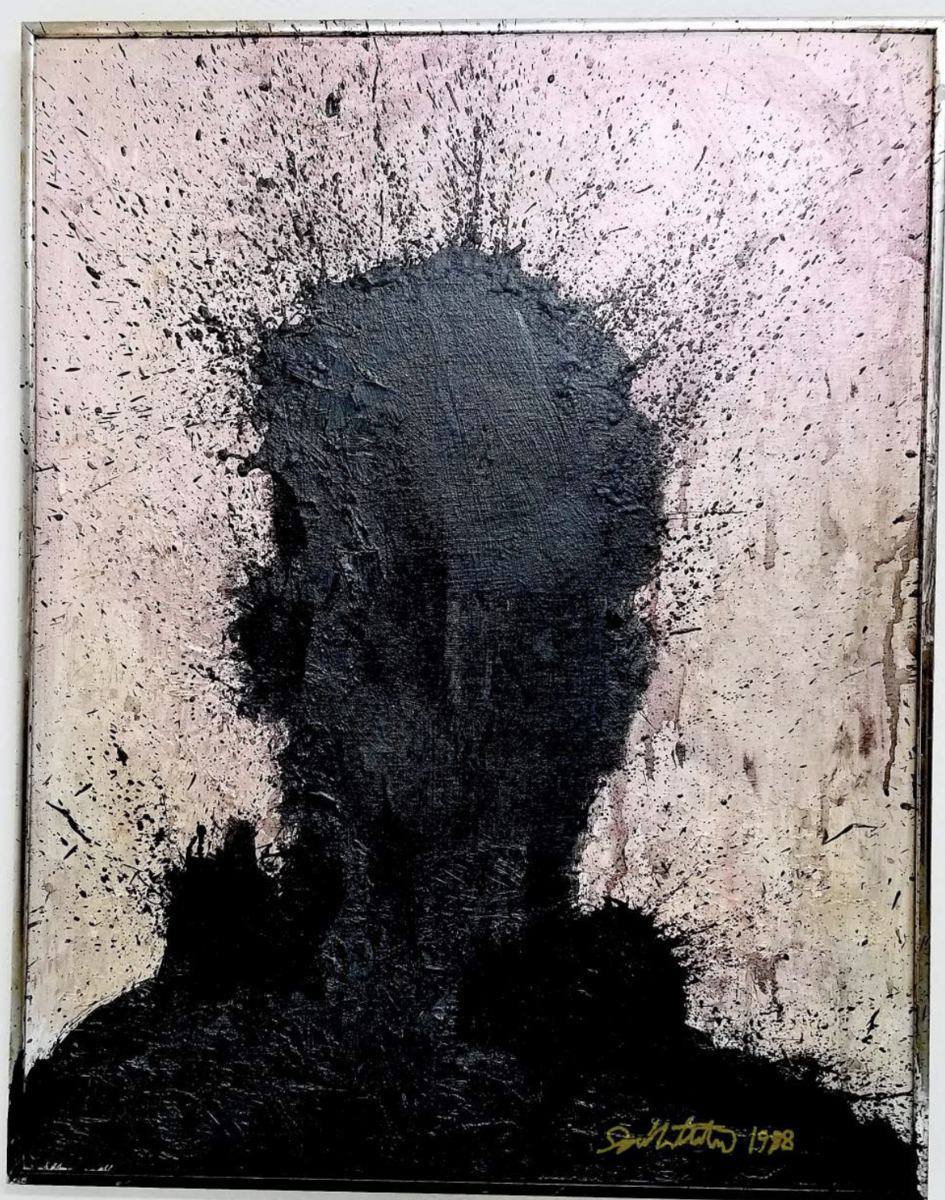-
Grossman LLP Secures Complete Dismissal of Counterclaims in Forgery Case
10/10/2023
 The Grossman team has won a total victory dismissing all counterclaims in our suit on behalf of a prominent art collector against an art gallery for refusing to rescind a sale of paintings that turned out to be forgeries.
The Grossman team has won a total victory dismissing all counterclaims in our suit on behalf of a prominent art collector against an art gallery for refusing to rescind a sale of paintings that turned out to be forgeries.
We filed the lawsuit last year after the defendants had sold our client two Richard Hambleton paintings that were later discovered to be worthless forgeries. During discovery, the defendants revealed that they had sourced the works from a known forger, but that they had failed to disclose that material information to our client prior to the sale, giving rise to an additional fraudulent-concealment claim.
In response to the lawsuit, rather than rescind the sales, the defendants tried to question the circumstances surrounding the discovery of the forgeries, and in the process sought to obtain documents and information that we argued were protected from disclosure by the attorney-client privilege and work-product doctrine. Among other things, the defendants had argued that our client had put these communications with counsel “at issue” in the litigation when he told the defendants before filing suit that his counsel “was very well connected in the art world,” and that his counsel had learned that the paintings were forgeries through one of his many “trusted” art-world “contact[s].”
Last week, after full briefing and oral argument, the Court soundly rejected every one of the defendants’ arguments. First, the Court denied outright the defendants’ requests for communications with counsel, holding that they are privileged because “plaintiff attorney’s contacts in the art world provided information that prompted counsel to bring this action in the first place.” Second, the Court dismissed each of the defendants’ counterclaims, holding that “even giving the defendants the benefit of every possible inference,” their allegations were largely either “entirely conclusory and insufficient,” or simply not actionable. In handing our client this important win, the Court held that it is entirely irrelevant “who led plaintiff to believe that these paintings are forgeries.” Rather, “[t]he pertinent information in this case is whether the paintings are forgeries.” The case will now proceed to trial on our client’s breach-of-warranty and fraud claims, where we are confident that we will make that very showing.ATTORNEYS: Judd B. Grossman, Kate Lucas, Maria Angela Brusco
CATEGORIES: Art Galleries, Authentication, Forgeries, Legal Developments, Provenance, Firm Update, Grossman LLP
Art Law Blog
